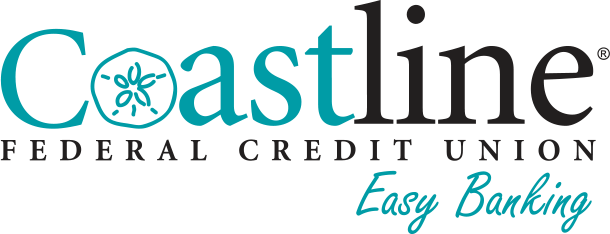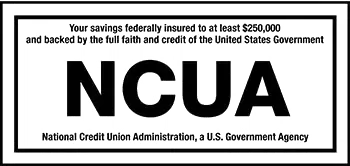Visit each credit bureau’s site to get more information about placing a security freeze on your credit report.
Equifax: Freeze Your Equifax Credit Report
Experian: Freeze Your Experian Credit Report
TransUnion: Freeze Your TransUnion Credit Report
Beware these common scams: Romance, Phishing, SMiShing, and Vishing.
For the latest information, please visit Federal Trade Commission Consumer Advice
The elderly are the fastest growing segment of our society and they are also an important part of our country’s economy.
What to Look For and How to Protect Yourself and Your Family
5 Red Flags to look out for:
When it comes to safeguarding you and your family from scams, awareness is crucial. Familiarize yourself with these red flags so you can stop any attempts made by scammers.
- Unsolicited contact – Beware of unsolicited phone calls, texts, or emails from individuals or companies regarding unfamiliar invoices, orders, deliveries, or charges.
- Everything is urgent – Scammers often create a false sense of urgency and use pressure tactics, such as rude or forceful language, to get you to take immediate action.
- Unconventional payment methods – Exercise caution when someone insists on payment or money transfer via unconventional means, such as gift cards, cryptocurrency, payment apps, or online wire transfers. This is particularly true in situations where you are asked to pay for something, resolve an issue, claim a prize, or secure a high investment return.
- Forceful language – The Scammer may attempt to manipulate you by providing instructions on how to interact with the credit union or persuade you into keeping secrets. They may even falsely claim that you owe money and threaten to involve authorities if immediate payment is not made.
- Romantic emergencies – Be wary if a newfound online love interest bombards you with flattering texts and emails but avoids meeting in person. Should they suddenly encounter a hardship or emergency and request money from you, exercise extreme caution.
What to do if you suspect a scam:
Slow down! Take a moment to pause, breathe, and carefully think through the situation.
Verify information. Remember, it’s your right to confirm any information, regardless of how urgently it is presented. Don’t hesitate to take charge of your money.
Contact the relevant parties. Reach out directly to the company the individual claims to represent, contact the credit union, or even inform the police if something doesn’t seem right.
Always remember, that the credit union will never request your account number or personal information.




